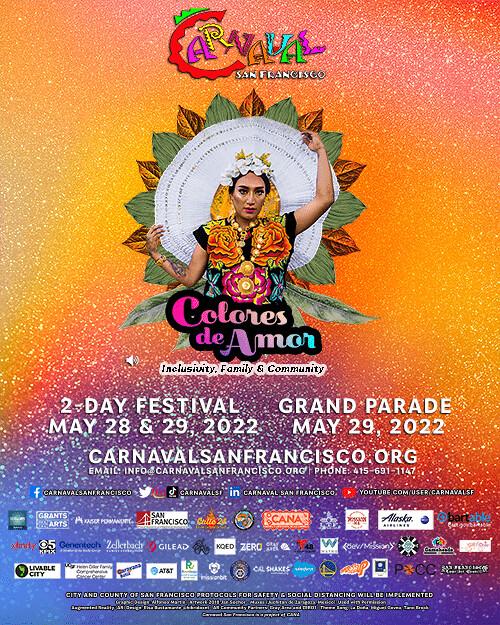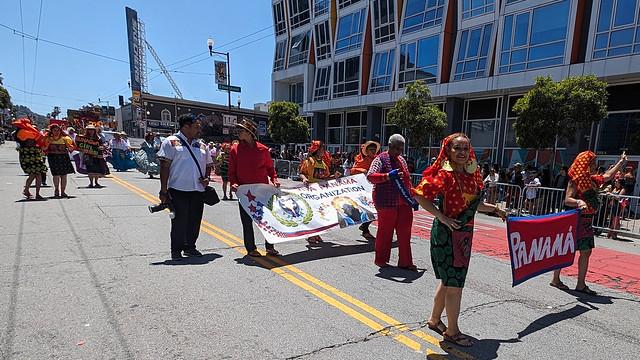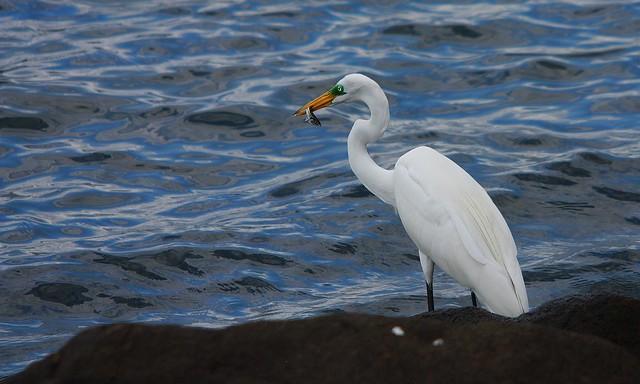Distrito de Natá
Overview
Historical Significance
Distrito de Natá, located in the Coclé Province of Panama, is a city steeped in rich history that dates back to its founding in 1522. It is recognized as one of the oldest settlements in the country, established by Spanish conquistadors. The city's historical significance is highlighted by its charming colonial architecture and the remnants of its past, including the iconic Church of Natá de los Caballeros, which is one of the oldest churches in the Americas. This beautiful church, built in the 16th century, showcases stunning baroque-style elements and serves as a central point for both locals and visitors, offering a glimpse into the colonial history of the region.
Cultural Vibrancy
Natá is a vibrant hub of culture, where tradition meets modernity. The local population is known for its warm hospitality, and visitors are often welcomed into the community with open arms. The city celebrates a variety of festivals throughout the year, with the most prominent being the Fiesta de San Juan, a lively event in June that features traditional music, dance, and culinary delights. This festival not only highlights the local culture but also allows travelers to immerse themselves in the customs and practices that define Natá's identity.
Natural Beauty
Surrounded by lush landscapes and rolling hills, Natá is a feast for the eyes for nature lovers. The nearby La India Dormida mountain range offers breathtaking views and hiking opportunities for those who wish to explore the natural beauty of the area. The region is also home to diverse flora and fauna, making it a perfect destination for eco-tourism. Travelers can engage in bird-watching, hiking, or simply enjoying the serene atmosphere of the countryside, which contrasts beautifully with the urban setting of the city.
Local Characteristics
The atmosphere in Natá is laid-back and welcoming, allowing visitors to experience the true essence of Panamanian life. The central plaza is a lively gathering place where locals engage in daily activities, providing a great spot for travelers to observe and participate in local interactions. The market nearby is a treasure trove of fresh produce and artisanal crafts, making it an ideal place to sample local cuisine and purchase unique souvenirs. Foods such as arroz con pollo and empanadas are local favorites that should not be missed during your visit.
Art and Craftsmanship
Artisans in Natá are known for their traditional craftsmanship, particularly in pottery and weaving. The local artisans often showcase their work in dedicated markets, where travelers can purchase handmade goods that reflect the region's cultural heritage. These crafts not only serve as beautiful decor but also carry stories and traditions passed down through generations. Engaging with these artisans provides a deeper understanding of the cultural significance behind their creations and the skills that sustain their livelihoods.
Accessibility and Connectivity
Natá is conveniently located about 90 kilometers from Panama City, making it easily accessible for travelers looking to escape the hustle and bustle of the capital. The city is well-connected by road, and public transportation options are available for those wishing to explore the surrounding areas. Its proximity to other attractions in Coclé Province, such as the stunning El Valle de Antón and the beautiful beaches of Santa Clara, makes Natá an excellent base for discovering the diverse offerings of western Panama.
With its unique blend of history, culture, and natural beauty, Distrito de Natá invites travelers to explore its hidden gems and experience the warmth of Panamanian hospitality. Whether you’re wandering through its historic streets, indulging in local delicacies, or discovering the artisans’ craftsmanship, Natá promises an enriching experience that leaves a lasting impression.
Other towns or cities you may like in Panama
Explore other cities that share similar charm and attractions.





